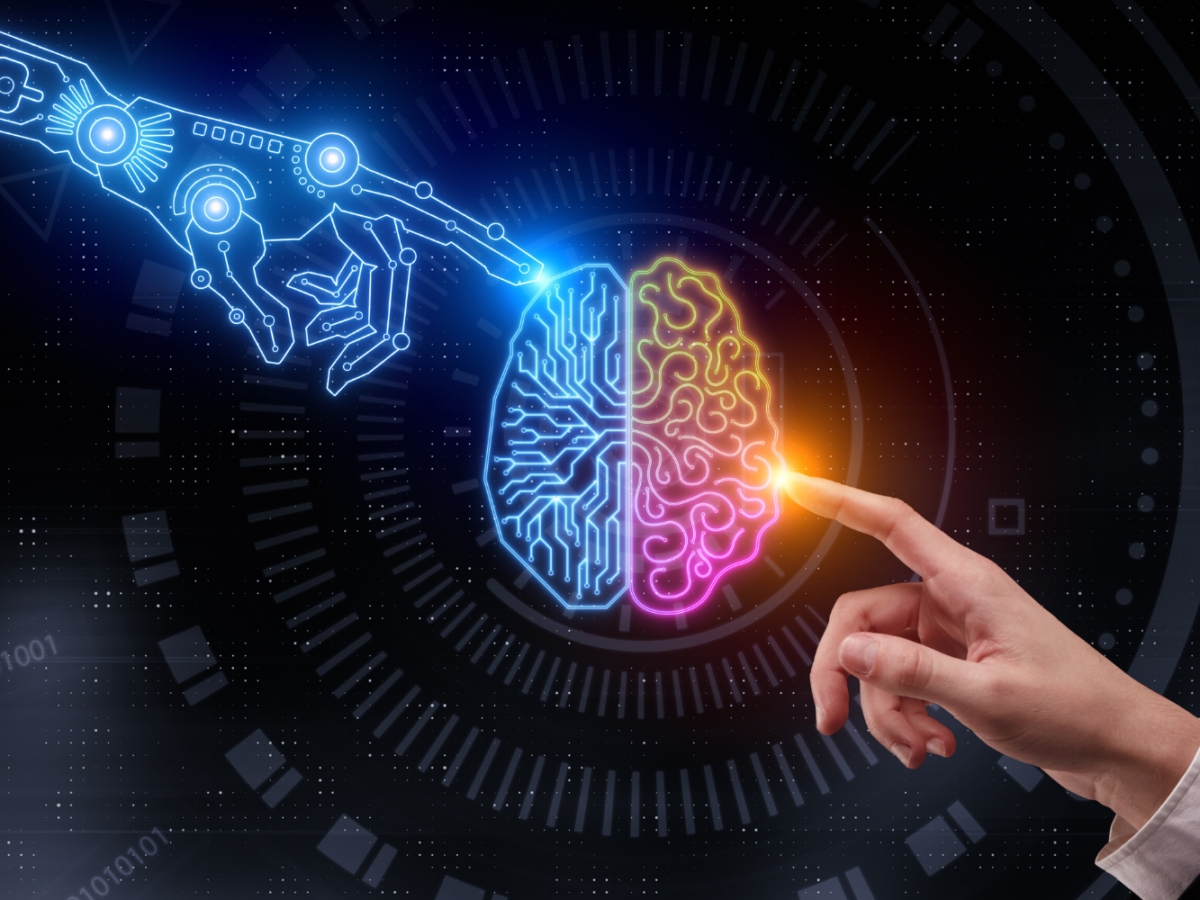AI-Powered Influencer Marketing: Opportunities And Challenges

Co-founder and CEO of SocialPubli, an award-winning influencer marketing platform with 200,000+ opt-in influencers across 35 countries.
Artificial intelligence is big news, and it’s making an impact in many fields. The adoption of AI tools more than doubled from 2017 to 2022, and companies continue to look for opportunities to use them to optimize operations and get a better grasp on analytics.
What exciting opportunities might this technology create for brands who want to generate a higher return on investment by making their influencer marketing efforts more efficient and more targeted?
I'm seeing AI being used more frequently to help solve some of the industry's top challenges by processing massive amounts of data, identifying trends and patterns, and providing insights from the collected information. With AI, we can learn from data and surface the best possible results, but as with any rapidly developing technology, there are challenges and gray areas to address when it comes to adoption.
The Current State Of AI-Powered Influencer Marketing
AI is already playing a big role in influencer marketing and is being integrated into behind-the-scenes operations as companies develop and enhance their influencer data and partnerships.
At SocialPubli, we've heard about influencers using AI tools to brainstorm and research content. They also can use AI-powered image and video creation tools to simplify the content creation process by automating tasks like generation, editing and background removal. They can tap AI to generate compelling visuals by simply providing a description of what they want.
Influencer marketing platforms, including my company's, have begun integrating AI to help users address some top challenges, such as:
• Ensuring an influencer is a good fit for a partnership: AI helps users search for very specific influencer partnerships. For example, at my company, we use AI to detect an influencer's age, their interests, their niche, their location and even previous brand partnerships. Gathering all of this information in seconds provides an incredible advantage when it comes to targeting and matching brands to influencers effectively.
• Detecting the potential for influencer fraud: AI is enabling influencer platforms to give users a deeper look at an influencer, beyond the readily available stats. AI helps users weed out profiles that are filled with bots or purchased followers so they can ensure they're getting the best overall reach and engagement with real people.
• Processing data to track ROI on influencer campaigns: Through AI, users get easier access to more robust data, which they can then use to make better decisions and optimize their campaigns. AI tools in influencer platforms can help users analyze campaign performance, review competitor programs and even determine the appropriate spend needed to achieve their campaign goals.
• Developing virtual influencer partnerships: AI-based virtual influencers are attractive to brands because they provide the opportunity to be fully in control of campaign creative and the opportunity to produce more content at a faster, more consistent rate. Downsides include a lack of social intelligence, but this may be overcome as AI continues to advance.
Is AI An Opportunity Or A Threat To Influencer Marketing?
AI is exciting and has a lot of potential, but it also has its limitations. When looking at the content creation side, there's still work that needs to be done for AI to deliver exciting, engaging and emotional content that moves audiences.
Brands should also consider the potential negative impact that could occur if AI-generated content contains misinformation. Over 75% of consumers are concerned about the potential for misinformation in AI-generated content.
Because AI is able to create new images from written prompts, it can be easier for unscrupulous creators to manipulate images or even for creators with good intentions to produce content that's inaccurate or untruthful. Fortunately, your brand's use of AI tools on the research side can help mitigate the impact of irresponsible creators by filtering them out of your pool of potential influencer partnerships.
One aspect that I see as a very clear limitation of AI within the influencer marketing space is brand safety. With easy and open access to AI for content creation on the influencer side, it's more important than ever to have human oversight of influencer marketing campaigns. Make sure your team is very involved in all aspects surrounding brand safety and quality control, and that content review is still completed manually to ensure all of the influencer-generated content is aligned with brand guidelines.
AI Is Creating A New Era For Influencer Marketing, But It Requires Oversight
Embracing AI in influencer marketing can help you achieve greater campaign efficiency and success, but there are still limitations to work through. As AI adoption increases, new concerns will require thoughtful analysis by the marketing industry, institutions and government leaders to ensure that the technology is being used ethically and responsibly.
The way I see it is that, yes, AI allows those of us in the influencer marketing space to work in a more dynamic way by reducing friction, but the output and the decision making are only as good as the expertise of the human giving the instructions behind the scenes.
